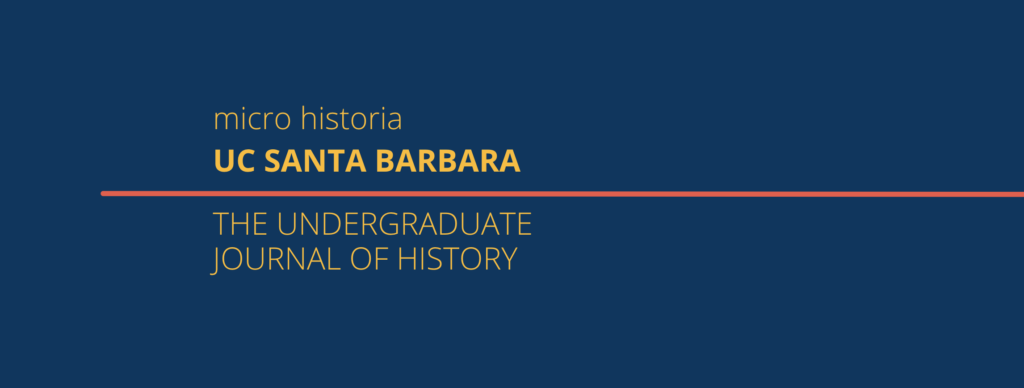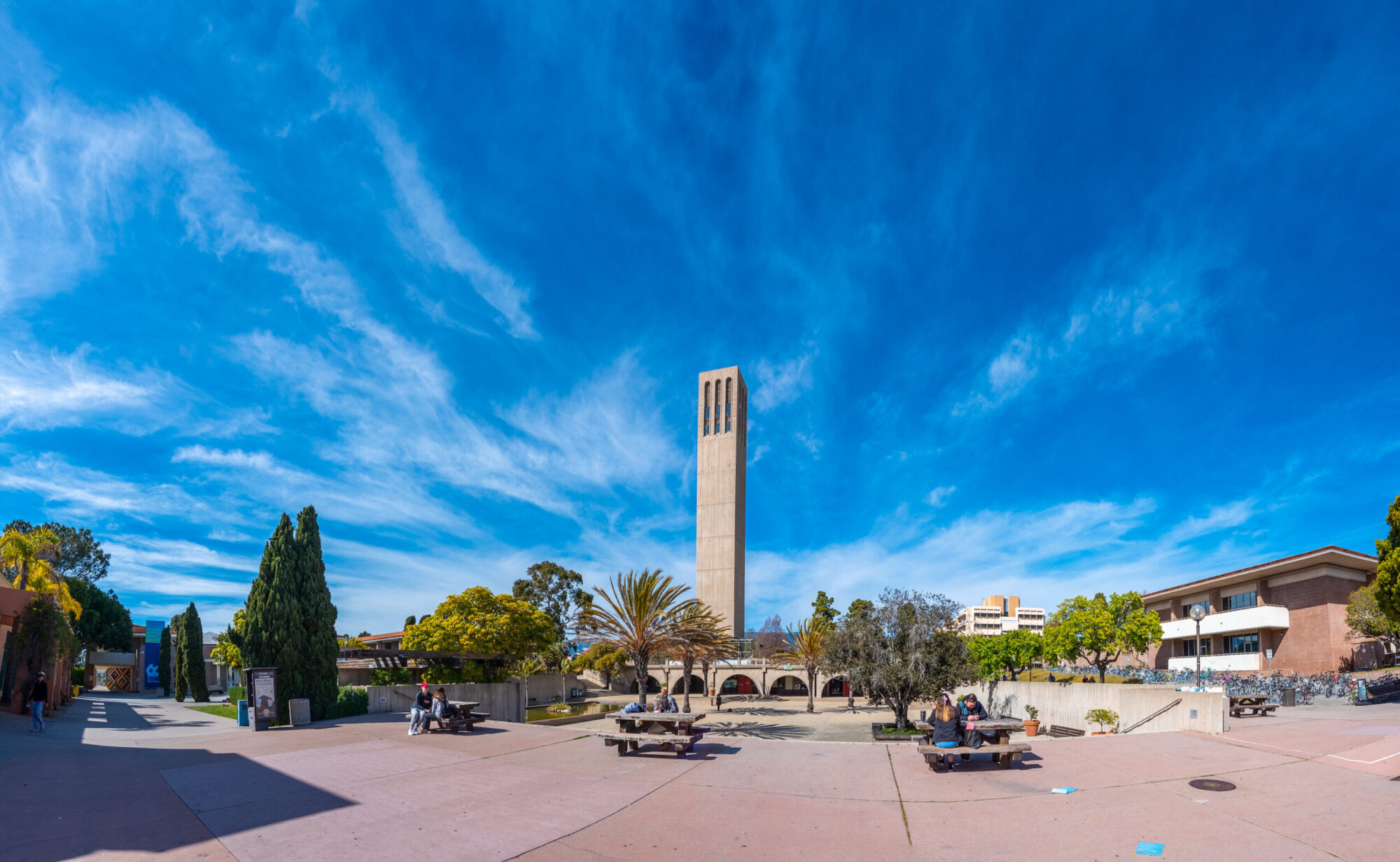UGH: A Newsletter (Spring 2025).
History Here (upcoming events)
History Club weekly meeting – every Tuesday at 7 pm in HSSB 4020. Make sure to follow @ucsbhistoryclub to stay updated on their events!
Drawn from Nature: The Maximus Legacy
📆Date: Friday, April 25, 2025
⏰Time: 10 AM – 5 PM
📍Location: S.B. Museum of Natural History | 2559 Puesta del Sol
The Santa Barbara Museum of Natural History will open its antique print exhibit, Drawn from Nature: The Maximus Legacy, to the public on April 25, 2025. The exhibit will be on view through September 7. The Maximus Collection features over 4,000 engravings and lithographs, offering a glimpse into European and American illustration from the 17th to 19th centuries.
Join the Department of History for a History and Political Economy Colloquium!
📆Date: Friday, April 25, 2025
⏰Time: 12 PM – 2 PM
📍Location: HSSB 4020
📆Date: Saturday, April 26, 2025
⏰Time: 6:30 PM – 8:30 PM
📍Location: Mosher Alumni Hall
Join Professor Brad Bouley and the UCSB History Associates during All Gaucho Reunion! The scene: It’s 1919, and delegates and cultural elites from across the world come to Versailles—the opulent palace just outside of Paris—to craft the peace treaty after World War I. Across luxurious dinners and late-night cocktail parties, negotiations finally began to take shape. But will peace prevail?
Each guest will be given the role of a character who took part in these negotiations and a script to bring this historical moment to life. Costumes encouraged. Dinner, drinks, intrigue, and the glittering world of postwar Paris await! REGISTER HERE!
📆Date: Friday, May 2, 2025
⏰Time: 2 PM – 4 PM
📍Location: GIRV 2320
Please join the UC Santa Barbara Center for Latin American and Iberian Research to mark the publication of Las cartas de Fernando Túpac Amaru y otros documentos (1782-1798) [The letters of Fernando Túpac Amaru and other documents], co-edited by a collective of scholars, artists, and educators, including our own Cecilia Méndez and Viola Varotto, and recently published in Lima.
Cecilia Méndez and Viola Varotto will be in conversation with Jairo Melo, digital humanities research facilitator at the UCSB Library, who is a specialist of the political and judicial institutions of the Spanish monarchy in the 18th century. The event will be in English.
Public History Colloquium
📆Date: Friday, May 2, 2025
⏰Time: 12 PM – 1:30 PM
📍Location: Zoom
Come join the Public History Colloquium for a talk with Meleia Simon-Reynolds on Watsonville is in the Heart, a community-driven research initiative highlighting Filipino American families’ stories and experiences in Watsonville, California.
This project is a collaboration between UC Santa Cruz and The Tobera Project, a local community organization founded by Dioscoro “Roy” Respino Recio, Jr. Named after the influential novel America is in the Heart by Carlos Bulosan, the initiative brings together UCSC faculty, students, and community members to preserve and share local Filipino American history.
Through partnerships with the Watsonville Public Library and the Santa Cruz Museum of Art and History, the project uses oral histories, archives, and public events to make this history accessible and visible. The initiative is housed in The Humanities Institute at UCSC and is a powerful example of how universities and communities can work together to tell meaningful, untold stories.
The Latest (research spotlight)
Our Fall 2024 issue saw the works of nine incredible writers! In “The Latest,” we celebrate them and their hard work. Today’s spotlight explores the work of Leigh Saville! Leigh Saville is a Fourth-year history major at Tulane University in New Orleans, Louisiana. She thanks Dr. Elisabeth McMahon for her support and insights. She also thanks the anonymous reviewers for their constructive comments and suggestions on the essay.
Saville’s abstract is shared here: During the turn of the century, the island of Zanzibar experienced profound changes. Previously ruled by the sultanate of Oman, the territory was now a protectorate of the British Empire. Although the sultan remained, Arab elites were now scrambling to hold onto authority and influence. In accordance with their increasing power, the British slowly trudged toward abolition on the island. However, not all experienced liberation, specifically concubines. Various discourses emerged about free and forced relationships. Such discourses were rigidly marked along gender and ethnic lines. Correspondence between British colonial officials and the memoirs of Salamah bint Saïd, daughter of a sultan, contain insight into perceptions of concubines and consensual relationships. Scrutinizing these texts illustrates the agendas behind each narrative and why they were promulgated. However, the voices of those subjected to such discourse are silent in the historical record. Zanzibari women, and the stories of their own relationships and experiences as concubines ,are largely overlooked and unsearched for. This work looks at the impact of ethnicity, status, and gender upon discourses. It argues that by closely examining colonial documents and Zanzibari love songs, the stories of women can be uncovered. By revealing these perspectives, harmful narratives that pervade the historiography can be supplanted.
Read Saville’s complete published work here: Relationships in Zanzibar: Narratives During the Turn of the Century Relationships in Zanzibar: Narratives During the Turn of the Century
micro historia

Eager to get published, but want to start small? This is your chance: the UGH Journal is excited to launch our latest opportunity for undergraduate students to showcase their historical skills: micro historia.
These microhistories, inspired by other scholarly journals and public history blogs, showcase in less than 1,500 words a historical interpretation of a single primary source — a document, object, or collection — to demonstrate how historical research deepens our understanding of the past and present. Think of these as historical writing in action.
Get caught up on the latest from our podcast: Unboxed. New episodes every Monday.
It’s Giving Me (editor vibes)
Hi everyone! I’m Erick, and I am part of an amazing team at the Undergraduate Journal of History. I’ve been with the journal since the winter and am currently double majoring in History and Sociology. I hope you enjoyed this week’s newsletter.
My Roman Empire, or something that is constantly on my mind, includes a few fun activities. I love playing soccer and, of course, going to the beach. When I combine the two, I’m truly in bliss. I also enjoy reading, and one book has been on my mind for some time. I’ve always thought about how the book More Than This would continue if it didn’t end on a cliffhanger! The author was wrong to end the story the way they did.
There are many things that make me happy, but weirdly enough (or not), one of those things is going to school. I enjoy learning and one day will eventually apply everything I’ve been taught throughout my college and work careers.
Submit your research anytime via our online portal. Manuscripts for the Journal should be 3,500-7,500 words and completed during undergraduate coursework at an accredited institution. Recent graduates may submit within 12 months of earning their degree. The journal is published biannually in Spring and Fall. To submit to Microhistories, make that notation in your submission. Visit our website for more info.

